“And Lamech took unto him two wives: the name of the one was Adah,
and the name of the other Zillah. –Genesis 4:19
We have here the origin of polygamy in a perverse and degenerate race; and the first author of it, a cruel man, destitute of all humanity. Whether he had been impelled by an immoderate desire of augmenting his own family, as proud and ambitious men are wont to be, or by mere lust, it is of little consequence to determine, because, in either way he violated the sacred law of marriage, which had been delivered by God. For God had determined, that “they” “two should be one flesh,” and that is the perpetual order of nature. Lamech, with brutal contempt of God, corrupts nature’s laws. The Lord, therefore, willed that the corruption of lawful marriage should proceed from the house of Cain, and from the person of Lamech, in order that polygamists might be ashamed of the example.
~Family Reformation: The Legacy of Sola Scriptura in Calvin's Geneva by Scott Brown, pg. 159
David Livingston obviously did the wrong thing in separating men in
Yet all men, including young boys should aspire to be elders which would require them to be a husband of one wife. This should not exclude a man who is righteously divorced because a wife is an adulteress, deserts him, or commits a crime worthy of death.
~Esther
Rushdoony on Polygamy
“…I Timothy 3:2 makes clear that polygamy was forbidden to church officers: ‘The bishop then bust be blameless, the husband of one wife…’
…there is at least an implied condemnation of polygamy in Deuteronomy 17:17, which forbade the king to ‘multiply wives to himself.’ Similarly, the high priest could only marry one wife, and that a virgin (Lev. 21:13, 14).
…it is clearly stated by Jesus Christ that marriage is the union of one man and one woman, and that this is the meaning of Genesis 2:24; it is the two or twain who are ‘one flesh,’ i.e., a true marriage (Matt. 19:5).
…
In passage after passage, monogamy is assumed to be the God-ordained standard….
The law did recognize and regulate concubinage and polygamy. First, a man could not simply use a concubine. She was entitled to her food, clothing, and sexual relations with out diminution; failure to do these three things was ground for divorce, without any recompense of the dowry or of the bridal money (Ex. 21:10,11). Not even a war-captive woman could be denied her rights (Deut. 21:10-14).
Second, a ‘bondmaid betrothed to a husband’ (Lev. 19:20), i.e., a girl who has been secured as a concubine, could not be put to death for adultery: both she and the guilty man could only be punished by scourging. The reason is given: ‘they shall not be put to death, because she was not free’ (Lev. 19:20). A principle is clearly in evidence here: to whom much is given, from him much can be expected. But, since a concubine receives a limited status and receives less dignity in the marriage, only a limited loyalty can be expected. She was expected to be faithful, but in case of adultery her punishment was less, because her status was lower than that of the endowed wife. The wife had the security of her dowry and a status of authority; her punishment for adultery, as was the punishment for her husband for adultery, was death.
… it is apparent that the law tolerated polygamy while establishing monogamy as the standard. The reason for this toleration was the fact that the polygamous family was still a family, a lower form of family life, but a tolerable one “whereas polyandry is not, since it violates the basic centrality of the man and his calling). Biblical law thus protects the family and does not tolerate adultery, which threatens and destroys the family. Humanistic law protects the anarchistic individual by denying that adultery is a crime, and it sacrifices the family progressively to the individual.
…In a polygamous marriage, the woman tends to be closer to her family than to her husband. Mistreatment of the wife can mean serious trouble with in-laws who are now enemies… In a polygamous family, the ties to the family of origin are usually intense and jealous…
… We can thus conclude,…that only in monogamous marriage is there a true union of man and wife. Instead of competition for a man’s favor, the Christian monogamous marriage sees the woman united to her husband in godly faith and love. There is trust instead of rivalry.
… Christian monogamous marriage is marriage in its truest form because it is faithful to the laws of creation.”
~The Institutes of Biblical Law by Rousas John Rushdoony pg. 363-367
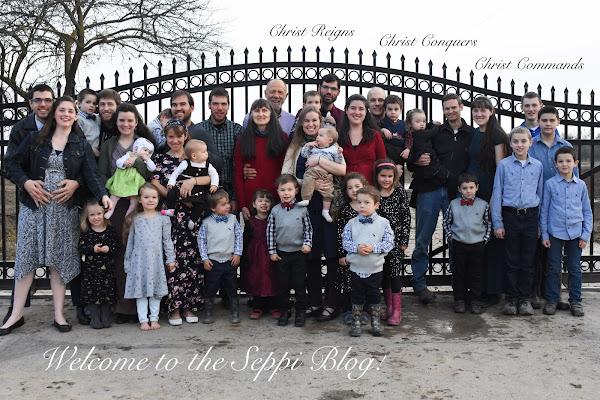
















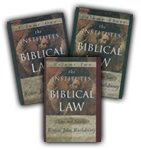






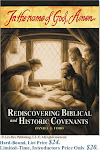




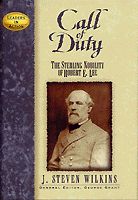









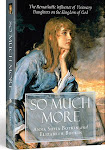





















No comments:
Post a Comment